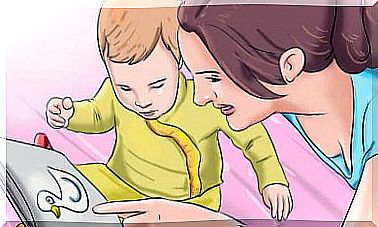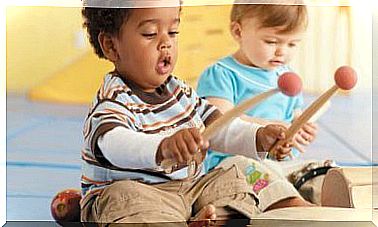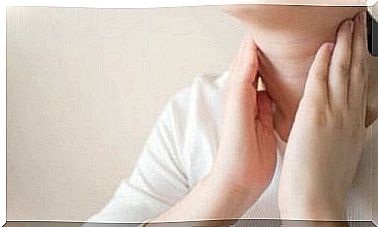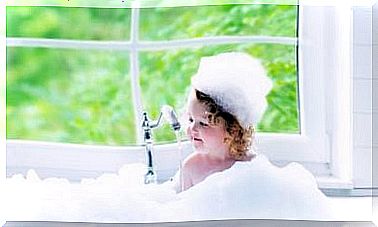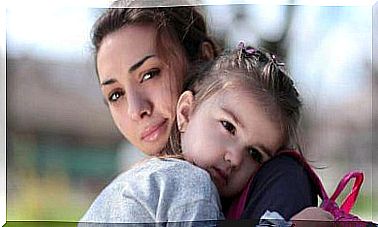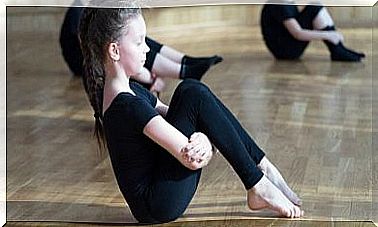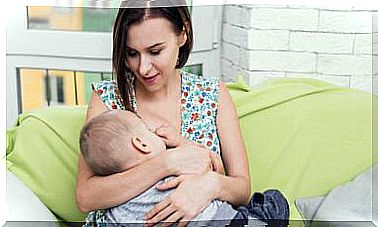Not Being A Perfect Mother, But Knowing The Priorities
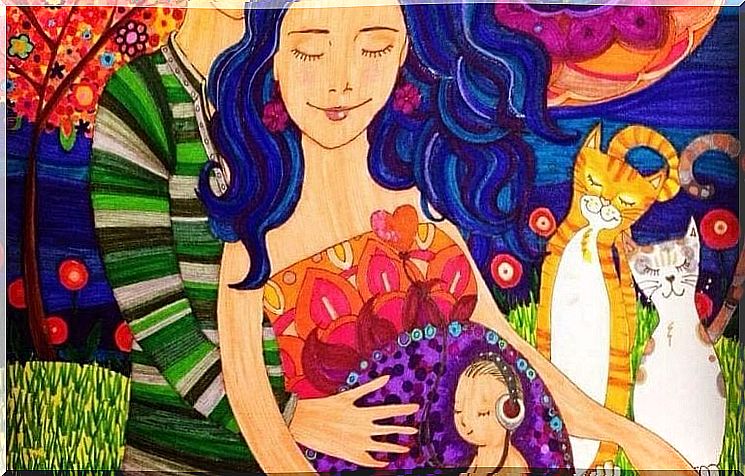
“I am a mother.” This is undoubtedly the definition that evokes the greatest pride. And hardly spoken out, you can feel an appropriate humility resonate. Why? Because you know very well: I am not a perfect mother.
Society puts a stamp on us right from the start: We are daughters, sisters, partners, friends, hardworking, strong, beautiful, courageous and sometimes even vulnerable and imperfect.
Being a woman means having a variety of stamps, but what matters most is how we define ourselves.
Motherhood is a process of continuous growth in which we never stop learning. We make certain mistakes and need to correct them. And at the same time we are always open to the needs of our children.
We are also women who have learned to love ourselves. We are mothers who have very clear priorities. There are a number of situations, moments, and difficulties that we can learn from.
All of this gives us an extraordinary tool: an added value that is felt, but not seen, only perceived.
With all of this, we want to make it easy: With all the stamps that society gives us, there is only one opinion that really counts: ours.
You are not a perfect mother, but you are IMPORTANT

Carl Gustav Jung said in his works that all people are born with the innate ability to recognize their mothers. What we hope to find with her is not only nourishment, but also protection, affection, and care.
Jung defined this natural instinct as part of our collective unconscious, a knowledge that we all share as a species. As soon as we are born, we look for this important figure.
- The existence of this psychological structure, in which the classic archetypes of the Swiss psychiatrist and our collective unconscious are located, has not been scientifically proven. Even so, neuroscience tells us that babies have the natural ability to recognize their mother and understand that their survival depends on her.
- But it is just as clear that the father figure is just as important and essential. But the child’s brain is closely related to the mother. So the first experience, the first impression, which is based on a secure and meaningful bond, undoubtedly guarantee its correct development and emotional stability.

So you mustn’t think for a moment that you are not a perfect mother .
You can be fallible in other ways, imperfect in some areas of your life. But to the little being that was just born, you are everything. Because you are his world, his food, his warm skin. The place it feels safe and its best refuge.
I’m not a perfect mother, but I live in a real world
There is a book as entertaining as its title: “The Imperfect Mother: Sincere Confessions from Mothers Who Live in the Real World” by Therese J Borchard.
It tells us anecdotes and situations that are so complicated, funny and desperate that many mothers and fathers can identify with them.
One story is that of the author’s own son, who pushed a child into Chesapeake Bay when he was only 4 years old. The other boy, just 5 years old, got wet. From that day on, Therese J. Borchard went from the ideal mother to the mother of a “little psychopath”.
Borchard was branded that way for a long time. Until she was able to regain her status as a good mother in the community of concerned parents who did not understand the behavior of a 4 year old.
The book also tells us about feelings of guilt. The feeling we sometimes have when we can’t spend more time with our children. Or why we sometimes give in to their blackmail and buy them what they want. Or cook something unhealthy for them in the evening, when they keep asking.
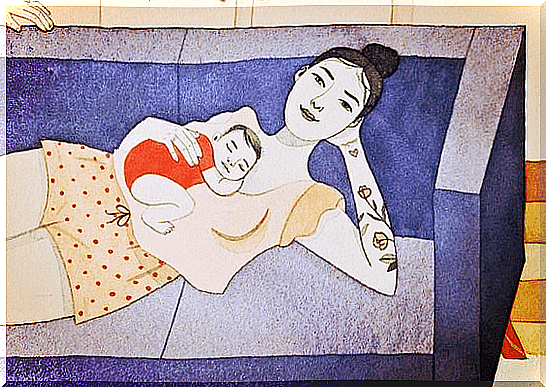
There are everyday realities in which we sometimes doubt ourselves. Where we don’t see ourselves as a perfect mother. In fact, every one of our actions is a reaction. In essence, everything we do corresponds exclusively to our infinite and immeasurable love.


